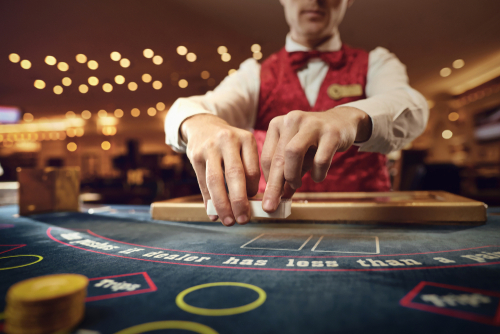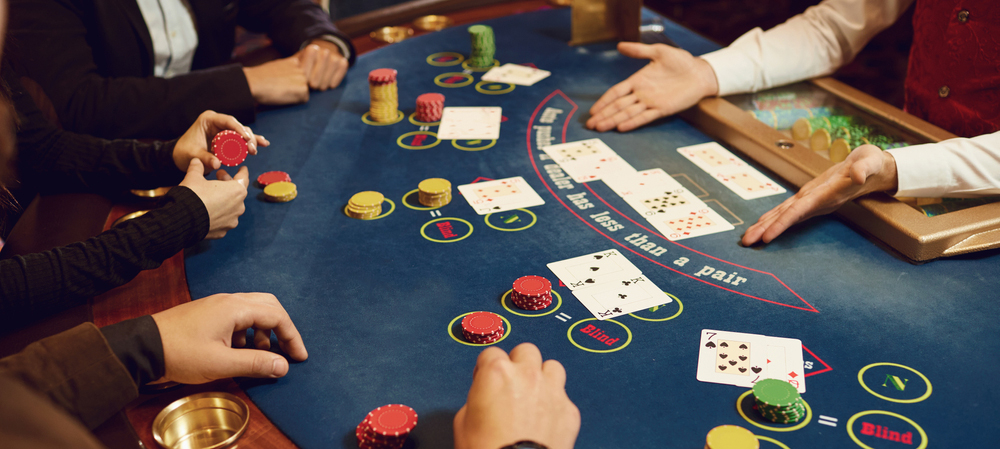Unravelling the power of perception, cognitive biases, and emotions in the high-stakes world of betting.
At the forefront of understanding the player psyche is the intricate “dance of perception”. It is much more than a passive process: it actively shapes and filters our understanding of the world, guiding our decisions without interruption. You could say it whispers in the background, suggesting choices without us even realising it.
Yohan Leon of Giochidislots.com says: “In the exciting realm of gambling, this subtle power of perception can make or break decisions. It is what colours every roll of the dice, every card draw and every spin of the roulette wheel with personal stories and experiences”. This is one of the most relevant thoughts extracted from the ebook on the psychology of Gambling developed together with Silvia D’Urso.
Decoding wins and losses
As gamblers, we don’t just view outcomes plainly. We interpret them, assigning deeper meanings and weaving narratives. These stories often lead us to see patterns — some real, others imagined. The joy of a win and the agony of a loss isn’t just about the outcome but the story we tell ourselves about it.
“The story we frame around each game plays a pivotal role in our subsequent moves. If one believes they’re on a winning streak because ‘luck’ is on their side, they’re likely to make riskier bets“, notes Yohan Leon.
No exploration of gambling decisions would be complete without addressing cognitive biases. These are the unconscious forces, the silent puppeteers, that often pull the strings behind our choices. They can make us overly confident after a win or too cautious following a loss.
Yohan Leon states, “Awareness of these biases doesn’t always deter their influence. But recognizing them can sometimes be the first step in making more informed gambling decisions“.

The emotional tug and the role of heuristics
Emotions run high in the world of gambling. From the exhilarating rush of a win to the stomach-drop of a loss, feelings are often in the driver’s seat. Coupled with heuristics, or mental shortcuts, these emotions can either steer gamblers towards triumph or drive them into a spiral of losses.
In Yohan Leon’s words, “Emotions can be both a gambler’s best friend and worst enemy. The key lies in understanding and managing them, not in suppressing them“.
At the heart of many decisions in gambling is impulsivity. While it can lead to thrilling wins, it can equally result in regrettable losses. The dance between impulsivity and strategic thinking encapsulates the beauty and risk of the gambling world.
Yohan Leon poignantly mentions, “In gambling, as in life, striking a balance between impulse and thought can lead to the most rewarding experiences“.
The world of gambling is more than just chance; it’s a complex interplay of perception, biases, emotions, and impulsivity. Understanding these elements doesn’t just elevate the game but enriches the entire experience. As Yohan Leon would say, “It’s not just about playing the game; it’s about understanding oneself in the process.”





